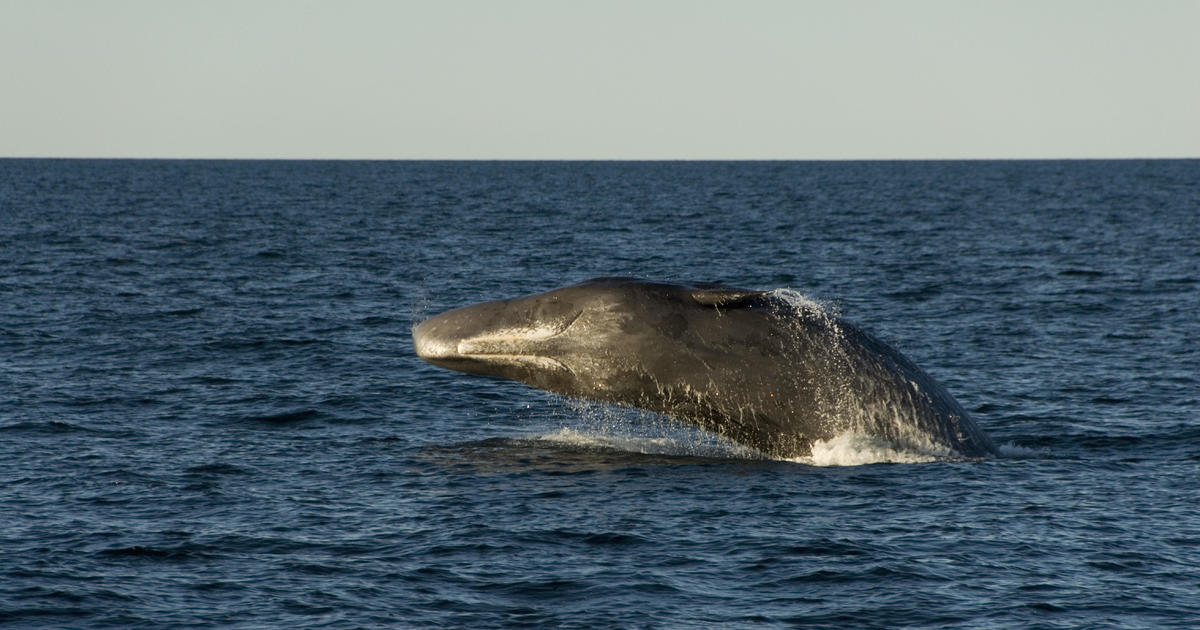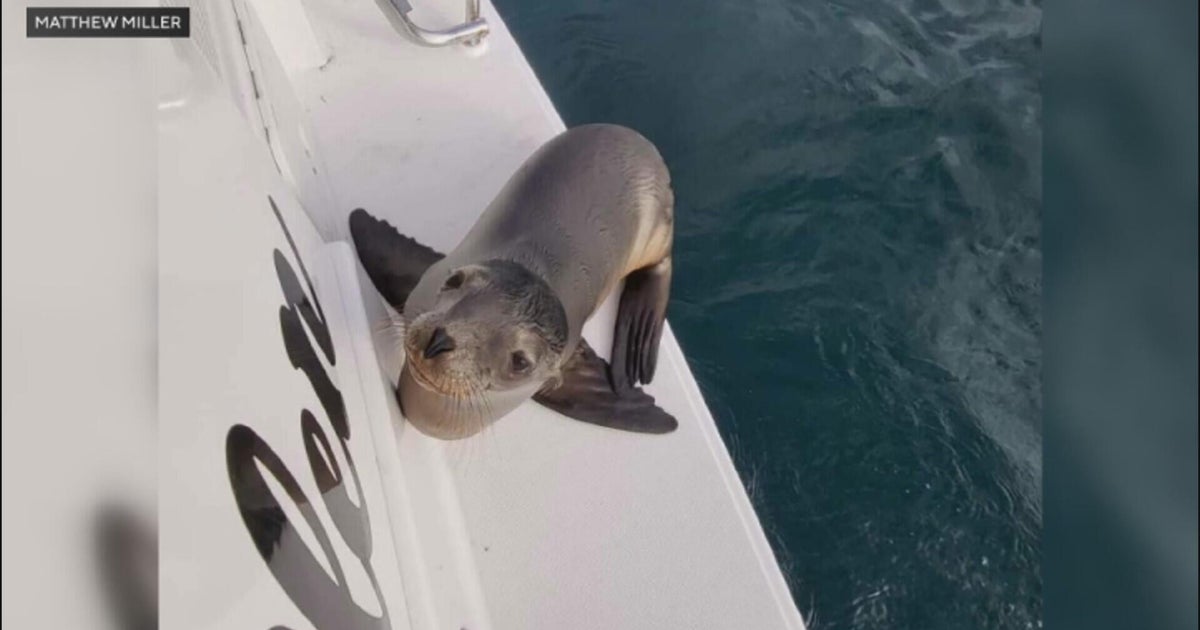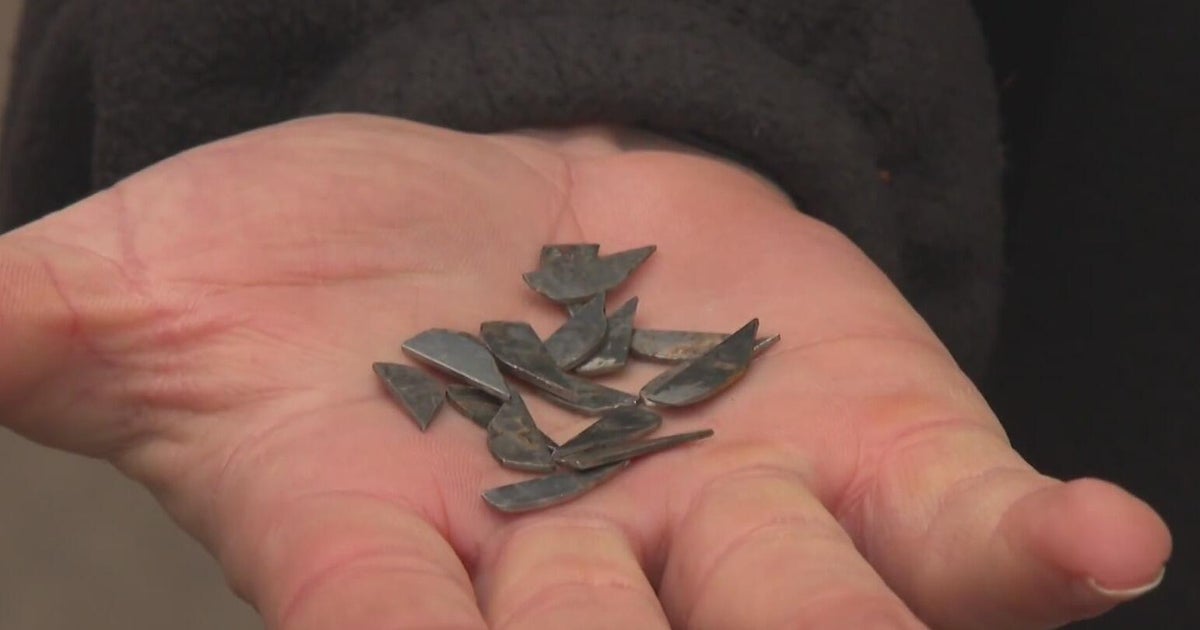Sailors are looking for new ways to ward off orca attacks – and say blasting thrash metal could be a "game changer"
For years, killer whales have been attacking and sometimes capsizing boats in the waters off Spain and Portugal. Now, sailors are working together to find a way to deter the orcas, and may have found a "game changer" solution – blasting thrash metal music.
GTOA, a group that researches killer whales in this region, including the Strait of Gibraltar where orcas sank a yacht in a 45-minute attack last month, has recorded hundreds of interactions between the species and boats in recent years. The number of interactions – when the whales fix their attention on a boat and either approach, observe or touch it – has increased over the past three years, the group found.
There were 52 interactions meeting over a five-month period in the region in 2020, the group found. Two years later, in 2022, there were 207 recorded interactions. There have been several documented instances reported this year.
In a Facebook group of more than 59,000 people, sailors are swapping ideas of the best methods to save themselves from experiencing such events. Many group members have shared their own encounters, with one person saying at one point, the whales were "putting their noses on the rudders and pushing."
"Any movement that makes that action uncomfortable for them will deter them," they said. "... I just waggled the helm pretty violently so they would not want to put their noses there. Worked instantly and they got bored quick!"
Earlier this week, one person sought advice as he prepared to cross from the Spanish city of Málaga to the country's Canary Islands. Sand, fireworks and loud horns were all suggested to keep away the whales, but one person had a suggestion he claimed was a sure-fire way to avoid an attack.
"When we had an interaction last year, I'm pretty sure that rattling the hull by playing full volume east European thrash metal, was the game changer," he said. "... They made three approaches and left after 5 mins without doing any damage.. which was 2 or 3 minutes into the music. Good luck."
Another sailor, Florian Rutsch, told The New York Times that he's had two encounters with orcas. In May, he tried putting sand in the water and also put the boat in full throttle to rush away, which he said worked. Then during his second encounter in November, Rutsch said he also tried music – a Spotify playlist called "Metal for Orcas" – that he played through an underwater speaker. In that instance, the music didn't work, he said, and the orcas ended up attacking his vessel's rudder. His crew had to be rescued by Spanish authorities.
"No one knows what works, what doesn't work," he told The Times.
While sailors are trying various tactics to avoid interactions that could result in the sinking of their vessels, the Spanish government has its own set of rules for what is allowed. Blasting music is seemingly prohibited.
According to GTOA, a set of rules known as Royal Decree 1727/2007 – which outlines protections for whales and other cetaceans – says "no activity can be carried out that could kill, harm or disturb the animals." Specifically, the group says, people who come across whales in Spanish waters cannot purposefully come into contact, throw substances that could harm the animals, prevent them from moving freely, separate them, or "produce loud and shrill noises and sounds."
Why are killer whales attacking boats?
It remains to be seen what exactly is causing the increase in orca attacks. Over the summer, wildlife conservationist and biologist Jeff Corwin told CBS News it's "interesting behavior" that highlights the animals' intelligence.
"These are curious creatures, they're very intelligent creatures," he said. "...What we're seeing is adaptive behavior. We're learning about how they actually learn from their environment, and then take those skill sets and share them and teach them to other whales."
He said those skills may have come from a single famous orca – White Gladis – after her own encounter. But it could also be some sort of play or game to the animals, or even a response to a traumatic event they could have experienced.
"There are a number of examples where boats have stoved or hit whales in the Mediterranean and off the coast of Spain," he said. "So, it's likely that White Gladis had this traumatic experience, learned from it. Now, she associates whales as part of her team to survive in this pod, and she's looking at these boats as the enemy."



